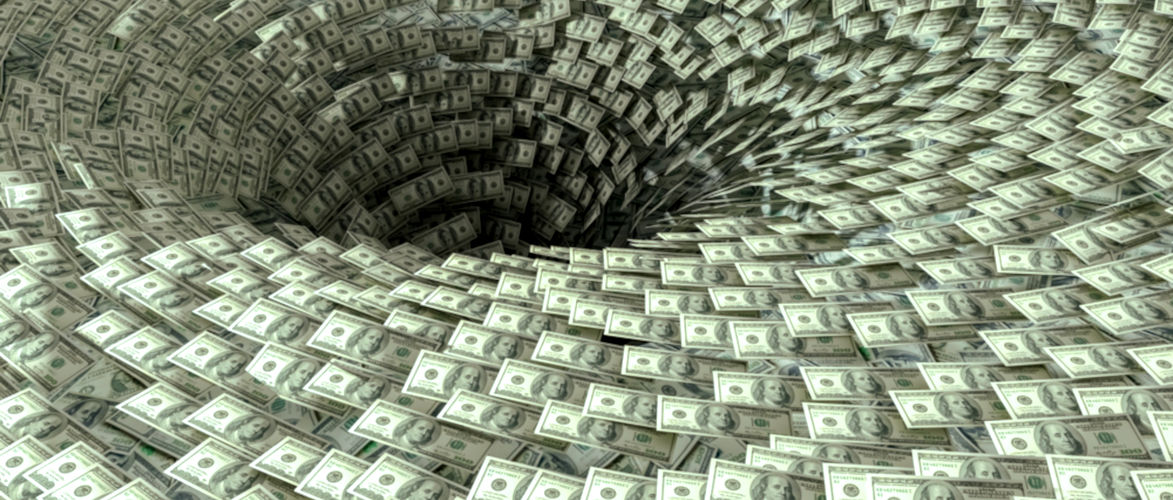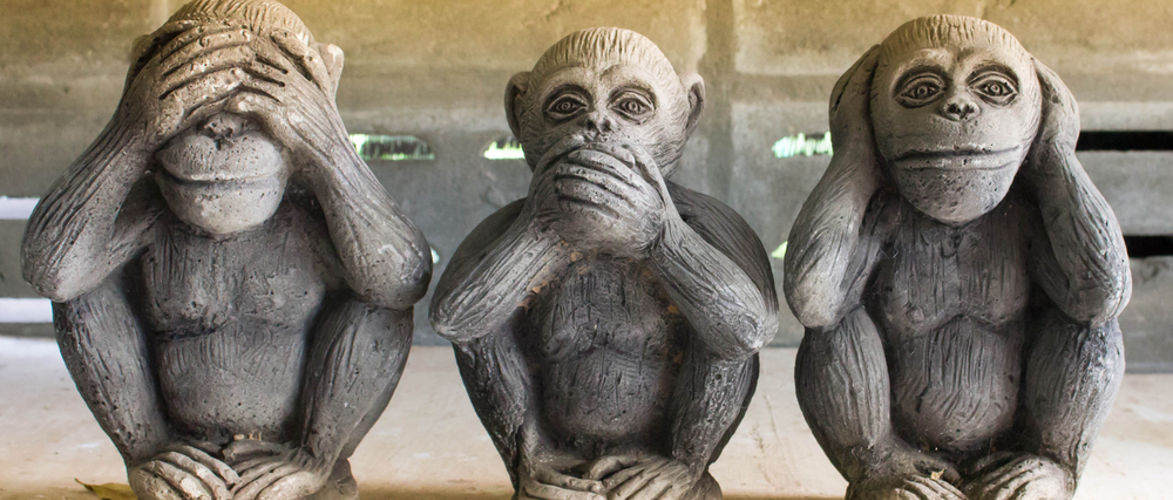By Ernst Wolff.
While the US public is staring spellbound at the dramatic events in Iran and the impeachment proceedings in Washington, things are happening in the background that will have a far greater impact on the future of the country and the fate of the American people than the occupation of the presidential seat or a further military escalation in the Middle East.
In September last year, the repo market, where US banks obtain fresh money overnight, experienced serious distortions. To calm the market, which had previously functioned for ten years without major turbulence, the Federal Reserve intervened and appeased the public, claiming that these were short-term problems that would quickly resolve.
This argument has now been refuted by reality. The FED, through its interventions in the repo market, has expanded its balance sheet by over $400 billion in three and a half months, with no end in sight.
On 02.01.2020 alone, the first working day of this year, it intervened with $ 57 billion, on Thursday, 09.01.2020, it was $ 83.1 billion. On the same day, the deputy chairman of the FED, Richard Clarida, appeared before the media and announced that the interventions would continue until at least the end of April.
This too is probably just wishful thinking, as the turbulence on the repo market is not a temporary weakness but a fundamental problem of the US financial industry, whose fate is comparable to that of an addict who can no longer be helped by conventional methods.
Here is the background:
For ten years now, the US stock market has been experiencing a historically unprecedented boom, which apparently can no longer be shaken by anything. Even the worst news causes the Dow Jones to give way only briefly, only to climb back up to new record highs again and cause President Trump to refer once again to the “great economy” under his leadership.
But this is nothing but vain talk. The upswing began long before his term in office and the US economy has grown only very weakly since the last recession. The boom on the stock markets is solely due to the fact that after the crisis of 2007/08 the FED pumped vast amounts of money into the system and gave it to major investors at ever lower interest rates.
Although it tried to stem this flood of money between 2015 and 2018, the attempt failed at the end of 2018. Since then, it has lowered interest rates a further three times and, with its intervention on the repo market, has heralded a new round of cheap lending to major investors.
This surplus of liquidity ensures that money either flows directly into the stock market or that large corporations are constantly buying back shares and manipulating prices in this way.
For the American population, the process means one thing above all: the further increase in the explosion of social inequality. After all, the profits on the stock markets do not benefit the great masses. Instead, the printing of money ensures that the US dollar continues to depreciate in the long run, which means that real incomes are falling across the board.
An excellent example of the extent of the current redistribution from the bottom to the top is provided by the major bank JP Morgan and its boss Jamie Dimon: Dimon’s block of shares has seen an increase in value of more than $ 250 million in the fourth quarter of 2019 alone as a result of FED interventions – the same year in which JP Morgan released several hundred employees into unemployment “for cost reasons”.
What will happen next?
Even if the FED manages to control the repo market, it will still have to continue to supply the addicts – the major US investors – with cheap money. And since the current system is based on growth, the doses administered will have to be higher and higher.
Whether the US financial system has entered the final phase of its existence as a result of the events on the repo market remains to be seen, as no one knows what further manipulations those responsible are still capable of. In any case, the expected measures will not solve the problems, but will continue to undermine the system, destabilise it even more in the long term and will not only lead with absolute certainty to its final collapse, but will also make it worse than unavoidable in any case.
+++
Thanks to the author for the right to publish.
+++
Picture source: vchal /shutterstock
+++
KenFM strives for a broad spectrum of opinions. Opinion articles and guest contributions do not have to reflect the views of the editorial staff.
+++
You like our program? Information about support possibilities here: https://kenfm.de/support/kenfm-unterstuetzen/
+++
Now you can also support us with Bitcoins.

BitCoin address: 18FpEnH1Dh83GXXGpRNqSoW5TL1z1PZgZK










Kommentare (0)